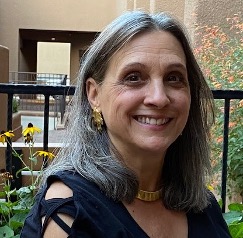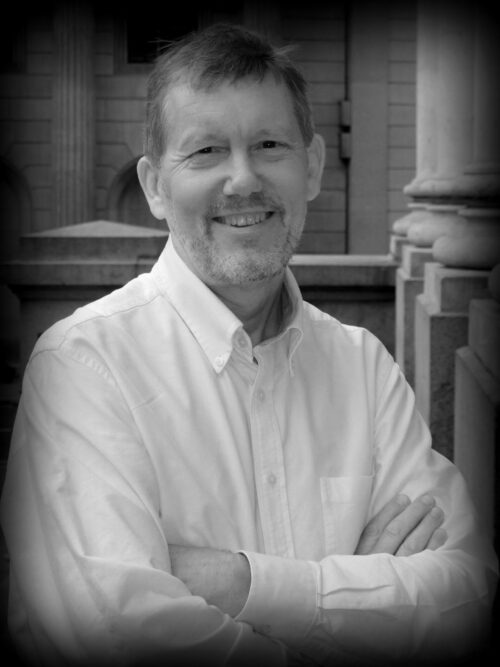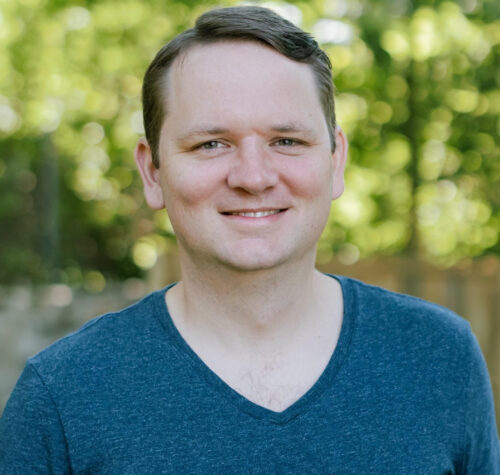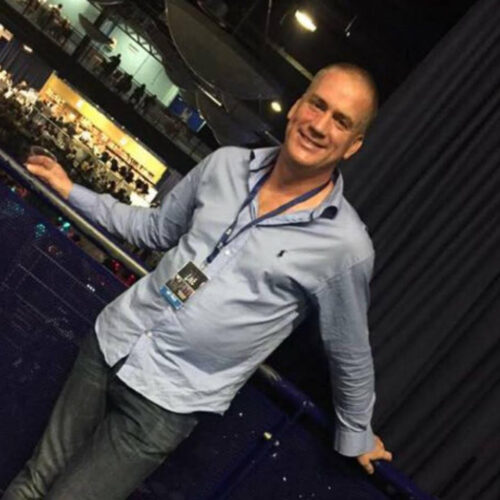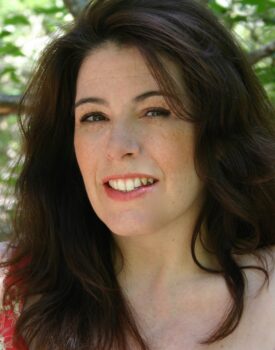Member Spotlight: David R. Stokes

How did you land your first book ghostwriting project?
I came to ghostwriting late in life and after retiring from pastoral ministry five years ago. I had, of course, been writing throughout my 40 years in the pulpit—from sermons, to articles, to blogs, and eventually several books based on my sermons.
Then, about 15 years ago I wrote my first “secular” book, a narrative nonfiction account of a 1920s murder trial in Texas. Bob Schieffer of CBS News wrote the Foreword, and it became a Wall Street Journal best-seller, which was cool for a first effort. That experience convinced me that I wanted to focus on writing after my retirement. The idea of ghostwriting, however, never occurred to me until other ministers started reaching out for help turning their own sermons into books.
My shift to “mainstream” ghostwriting came via writing my book, JFK’S GHOST: Kennedy, Sorensen, and the Making of Profiles in Courage (June 2021, Lyons Press/Rowman & Littlefield). I examined John F. Kennedy’s relationship with his ghostwriter, one that led to a controversial Pulitzer Prize. The research included a deep dive into the world of ghostwriting. Along the way, I had an “aha” moment, and even before JFK’S GHOST was released, I began working with Scribe Media which was a great learning experience for me on several levels. I left Scribe in late 2021 and began to freelance, setting up my own company—The Book Ghost, Inc.
I’m a firm believer that “one thing leads to another” and opportunities seem to emerge at just the right moment, like what happened not long after I joined the Association of Ghostwriters. I met Robert Bruce Woodcox, one of the premier ghostwriters in the country. He became a wonderful and valued mentor and taught me so much. And he encouraged me to dream and think big. Soon, I began to work with Gotham Ghostwriters and a short time later, I joined the Kevin Anderson & Associates team. I have since worked on wonderful projects with both GG and KAA in addition to a steady stream of freelance projects.
One thing leads to another.
What is your secret sauce, or what makes you different from other ghostwriters?
While I’m not all that comfortable with comparisons or competitiveness, I think there are a couple of things I bring to projects that clients find compelling. First, I have a flair for storytelling. Stories connect the mind to the heart. When effectively written, they can turn a dry and even data-driven book into a compelling page-turner. They help make things “click” in the reader’s mind, making new information approachable and actionable. Albert Einstein said, “If you can’t explain it simply, you don’t understand it well enough.” Crystallizing complex information into something bitesize requires skills for language and articulation. I have been blessed with both.
I have written my own successful works of narrative-nonfiction (including that Wall Street Journal Best Seller), four novels (one optioned in Hollywood by the actor, Blair Underwood), and two feature-length screenplays. Booklist said the following about my best-seller it in a Starred Review: “The book is engagingly written, in an immediate, you-are-there style, and the story is as compelling and surprising as any Grisham thriller. Top of the line.”
While writing that book, a mutual friend introduced me to a legendary New York editor—Bill Thompson. He was the publishing genius who discovered both John Grisham and Steven King. Bill took an interest in my work and became a prized mentor. My three-year journey with Mr. Thompson was more beneficial than a top-shelf graduate program in character development, dialogue, writing, and editing.
The other “secret sauce” aspect of my work is my passion for research. I love the process of, as Erik Larson describes it, “hunting detail.” And I try my best to follow the counsel of the great biographer Robert Caro: “Turn every page.”
What do you wish clients understood about the ghostwriting process?
I think all of us who work as ghosts would love our clients to understand something I used to allude to from the pulpit—”You’re God’s child, but not his only child.” In other words, while we can and should focus like a laser beam on a project, most of us are handling other projects at the same time. I get the sense occasionally that authors look for some kind of exclusive relationship which is untenable. Most of us manage to handle two or three projects at the same time with no difficulty. Otherwise, it would be hard to make a living.
Also, the best clients understand that it is indeed a process, one that takes patience and time.
How would you describe your favorite type of project and client?
I love working with authors who not only have a solid idea but have also thought it through to a great extent. I have worked with clients who had the idea part down, but pretty much left it to me to take it from there as more of an assignment than a collaboration. Sometimes that doesn’t become clear until it is too late to do much about it. The only possible redeeming factor in such a case is when the idea or subject is one that’s in my natural wheelhouse—history, politics, spirituality, or even current events. But even then, it’s hard to get a good feel about what the author really wants.
My dream project would be a collaboration on a history series similar to books written in collaboration with the legendary ghostwriter, Catherine Whitney. I love reading and writing history.
What are the best parts of this career?
Ghostwriting is a wonderful fit for me in this season of life. I knew that I didn’t want to just rusticate or play golf or fish or some such. I needed a challenging way to spend my time that involved creativity and flexibility. I can work at my own pace and take on as many or few projects as I need. I have no real ambition beyond that at this point in my journey. I start early in the morning, enjoy nice lunches with my wife of nearly 48 years, do my share of taxi service for our grandkids, watch the latest series on Netflix or Hulu, and never have to burn the proverbial candle at both ends. And—having the chance to explore the worlds of clients who have had so many fascinating experiences and have learned so many life-lessons is icing on the cake.
Years ago, I heard someone say this about personal growth: “You’ll be the same person five years from now as you are today but for the people you meet and the books you read.” So true. I’d only add that with ghostwriting it’s the people you meet and the books you write that grow you.
How can people reach you?
The best way to connect with me is via my website: www.thebookghost.com. My personal email is: davidrstokesauthor@gmail.com. On Facebook I can be found at: https://www.facebook.com/DavidRStokesAuthor/ and on “X” (Twitter in the pre-Musk days): @davidrstokes
